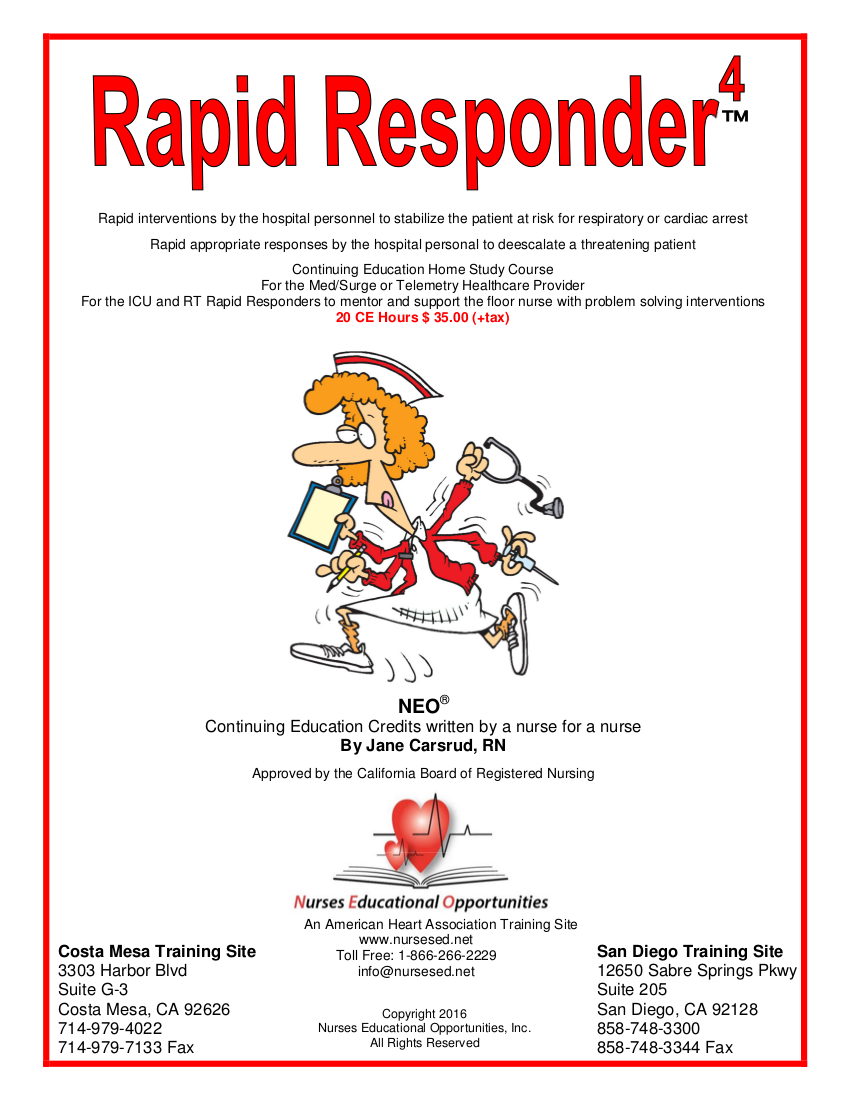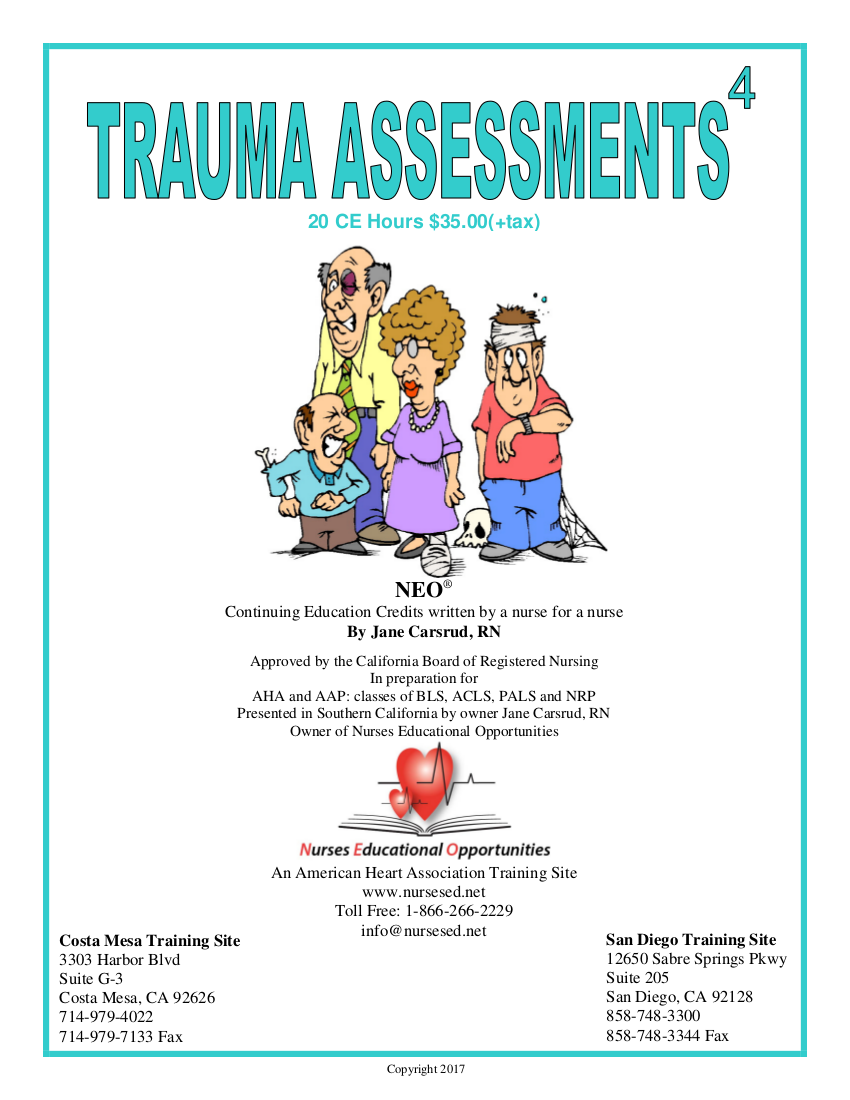Training for New Grad Nurses and the Impact of the Affordable Care Act
The Impact of the Affordable Care Act
The effect of hospitals responding the Affordable Care Act has impacted hospital reimbursement, professional practice standard and hospital employment. Since 2010 hospitals have seen payment reduction upwards of $117 billion and more than $58 billion in Medicare sequestration cuts. Hospitals are scaling back!! Blah!
- 4800 jobs nationwide were lost in December 2030
- 3600 jobs nationwide were lost in January 2014
- 1200 jobs nationwide were lost in February 2014
For the new grad or reentry nurse this means he or she will now be responsible for his or her own education. The reimbursement from the hospital for educational hours is no longer affordable and new hires must come to the table with the expertise and willingness to be responsible for their own professional growth.
Yet, hospitals seem to be undaunted by these reforms and are forging ahead with Magnet Hospitals, Baby Friendly and Maternal Friendly Hospitals with evidence based practices, shared governances, multi-disciplinary approaches, clinical practice counsels and patient family centered care.
Why Choose Maternal-Child Health as your Profession
Women’s and Child’s Health became a significant focus with the Affordable Care Act (ACA) One in four adult women in California were uninsured which accounted for 2.7 million uninsured women. The following reforms have impacted the woman and her dependents.
- Dependent coverage extended to age 26
- No preexisting condition exclusion
- Insurance plans can no longer charger higher premiums to women
- Individual insurance plans typically excluded maternity care and presently employer-based plans include maternity care.
- All new plans must cover recommended preventive services
Recommended services for Private Plans include
- Well women visits
- Gestational diabetes, HIV and STI screening and counseling
- HPV testing
- FDA-approved contraceptives
- Breastfeeding support, supplies and counseling
- Interpersonal and domestic screening and counseling.
With the current focus on Maternal Child well-being, I have chosen this field for the new grad and reentry nurse to pursue a career in the hospital setting. The Maternal Child unit is the most sought after position. This all-encompassing program is taught by experienced nurses in their field of practice. Course were written by the Director of the program, Jane Carsrud RN, NRP instructor certified,and AHA instructor certified for ACLS, PALS and BLS, Birth and Beyond instructor certified in lactation education.
Nursed Educational Opportunities has an all-encompassing Maternal Child Care program for the nurse to become empowered through education.
The program opens with intrauterine fetal assessment to establish fetal well-being and progresses through delivery to extra uterine life. Resuscitation and stabilizing the newborn then becomes essential. Baby Care and Assessment of a newborn follows with postpartum care of the mother. Breastfeeding is strongly encouraged for the well-being of the infant. Obstetrical emergencies can and do happen in the labor room as well as the postpartum room. Rapid response is imperative.
- Basic Fetal Heart Monitoring begins with your understanding intrauterine concepts of antepartum care with antenatal testing.
- Intermediate Fetal Heart Monitoring is an excellent course to give you a more in-depth understand to guide the gravid patient through an uneventful birth of her child.
- Advance Fetal Heart Monitoring is available for the nurse with labor and delivery experience.
- Labor and Delivery course will give you an understanding of the labor and delivery process and maternal choices.
- Neonatal Resuscitation (NRP) is vital for all nurses that come in contact with newborns.
- 3-in-1 Postpartum Maternal and Newborn Care
- Lactation is a field of the maternal child cluster that will be essential for Baby Friendly
Hospitals. By the year 2025, all hospitals in California must be Baby Friendly to comply with the governor’s mandate.
- Care of the newborn with the Baby Friendly mandate includes information regarding
Mandated genetic screen, immunization and care of the infant with life-threatening hyperbilirubinema
- Newborn assessment is essential to alert the nurse of respiratory and cardiovascular disorders that occur with the newborn.
- Postpartum care prepares the nurse to identify life-threatening postpartum hemorrhage,screening for Intimate Partner Violence (IPV) and screening for postpartum depression.
- Obstetrical Emergencies happen and that may be detrimental in the morbidity and mortality can be reduced with expertise in rapid intervention.
Taking the entire course would be beneficial or choosing the courses applicable to your unit specific place in maternal child health.
For the post-partum nurse,
- Basic Fetal Heart monitoring to include antenatal testing,
- NRP is essential,
- Baby Care and Neonatal Assessment is essential,
- Postpartum Care is a given
- Obstetrical Emergencies that occur in the postpartum unit is vital
- Birth and Beyond is essential to assist the postpartum patient in breastfeeding.
For the labor and delivery nurse,
- Basic Fetal Heart Monitoring followed with Intermediate Fetal Heart Monitoring is essential.
- Labor and Delivery is vital
- Obstetrical Emergencies is recommended.
- Birth and Beyond is essential for immediate skin-to-skin attachment and initial breastfeeding is emphasized
For the NICU nurse,
- NRP is essential,
- Baby Care and Neonatal Assessment is vital.
- Birth and Beyond is essential to preterm and sick infants.
It will be my honor to assist you to attain your dream job – the one you worked so hard to acquire and the one that will give you the greatest satisfaction and your patient the family-centered experience that she will remember.
Jane Carsrud RN, Director of Nurses Educational Opportunities.



